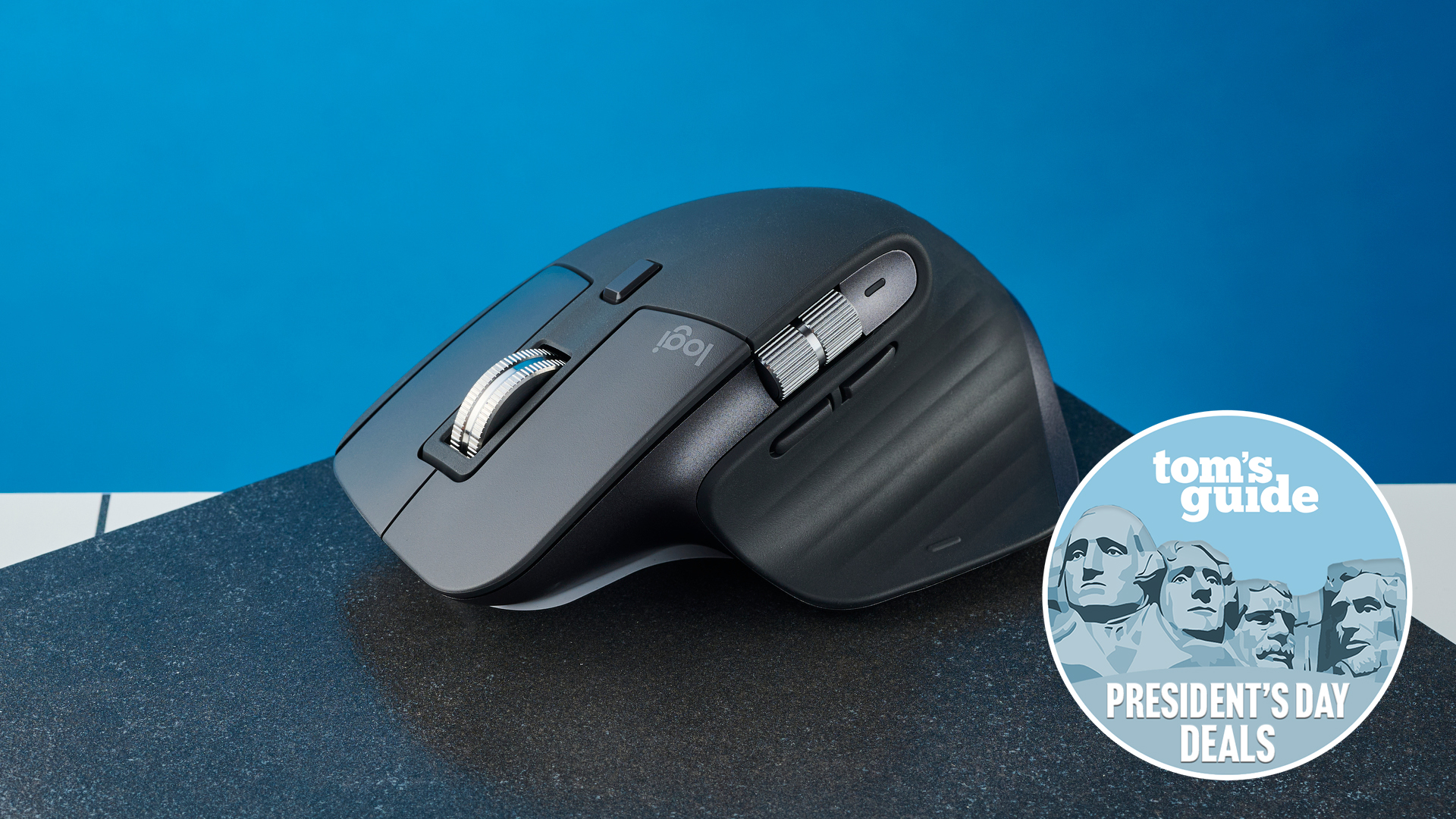My 20 best tips to fall asleep quickly
Beat insomnia, starting tonight, with these techniques from sleep experts, studies, and my own experience
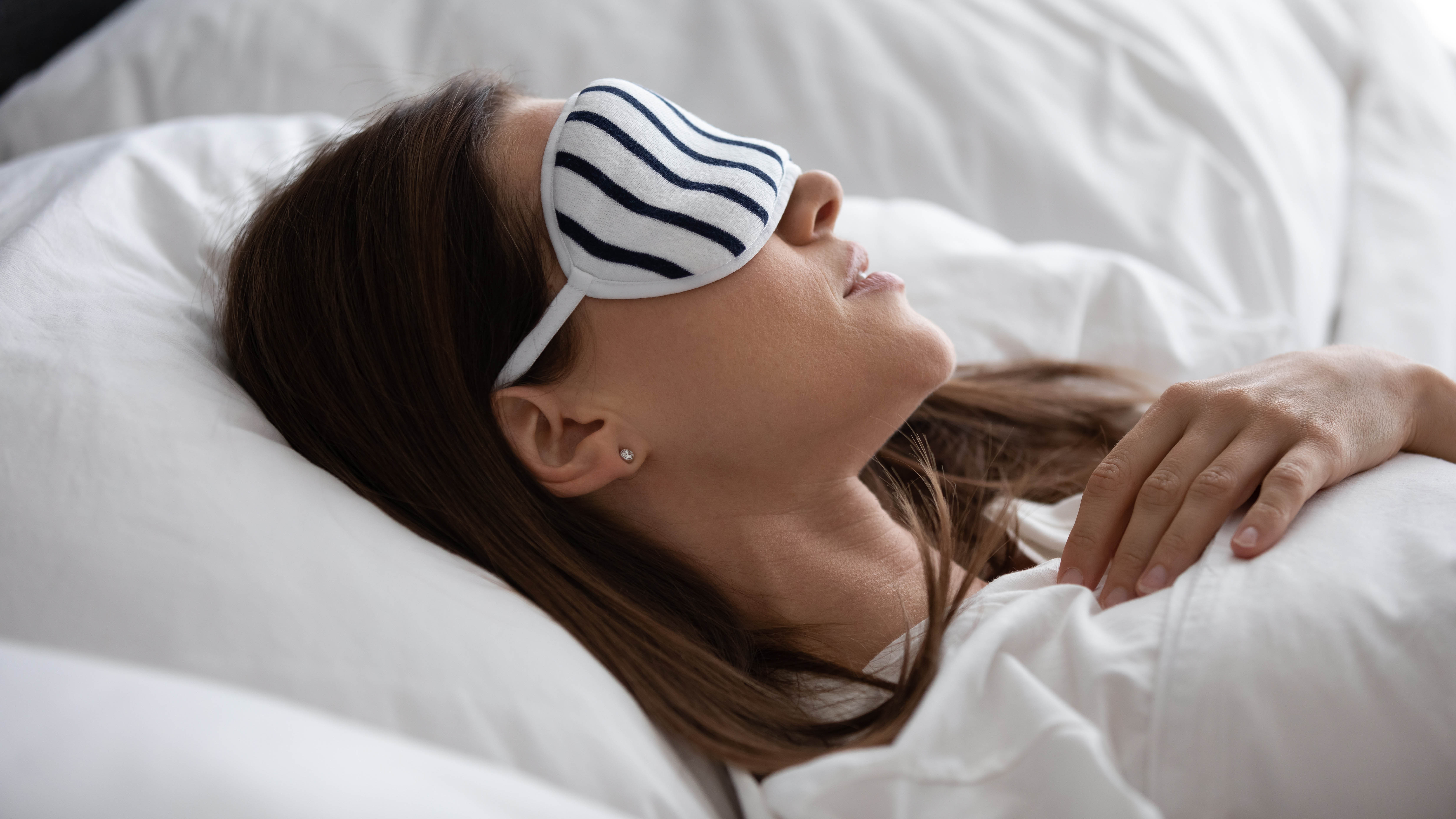
Here at Tom’s Guide our expert editors are committed to bringing you the best news, reviews and guides to help you stay informed and ahead of the curve!
You are now subscribed
Your newsletter sign-up was successful
Want to add more newsletters?

Daily (Mon-Sun)
Tom's Guide Daily
Sign up to get the latest updates on all of your favorite content! From cutting-edge tech news and the hottest streaming buzz to unbeatable deals on the best products and in-depth reviews, we’ve got you covered.

Weekly on Thursday
Tom's AI Guide
Be AI savvy with your weekly newsletter summing up all the biggest AI news you need to know. Plus, analysis from our AI editor and tips on how to use the latest AI tools!

Weekly on Friday
Tom's iGuide
Unlock the vast world of Apple news straight to your inbox. With coverage on everything from exciting product launches to essential software updates, this is your go-to source for the latest updates on all the best Apple content.

Weekly on Monday
Tom's Streaming Guide
Our weekly newsletter is expertly crafted to immerse you in the world of streaming. Stay updated on the latest releases and our top recommendations across your favorite streaming platforms.
Join the club
Get full access to premium articles, exclusive features and a growing list of member rewards.
From interviewing sleep experts to reporting on groundbreaking studies, I've managed to glean a lot of advice on how to overcome insomnia after writing non-stop about sleep for almost two years.
I've even come up with my very own sleep advice from testing the most innovative sleep products and trying the latest sleep trends, with every technique I try illuminating which sleep hacks are actually worth the hype. Because it turns out that even if you have the best mattress for your needs you can still find yourself lying awake at night, and it helps to have some effective sleep tricks to hand.
So, to celebrate all that I've learned as a sleep writer, I've rounded up 20 game-changing, insomnia-crushing sleep tips from top-of-their-field experts, landmark research, and my own personal experience — so you can fall asleep fast from tonight.
1. Have an evening shower

Like to kickstart your morning with a refreshing shower? Maybe it's time to ditch it in favor of a warm sleep-inducing evening shower instead.
Back in June, NHS physician Dr Tim Mercer at Opera Beds told me it's best to take a shower before bed for improved sleep as it can wash away any irritating allergens collected during the day.
"Allergies can hit hard, especially at night," says Dr Mercer. “For many, that means disrupted sleep, itchy eyes, and endless sneezing. You can shower before bed to wash off pollen, stopping it from transferring to your pillow."
Plus, your core temperature will drop after a warm shower, which can help with melatonin production.
Get instant access to breaking news, the hottest reviews, great deals and helpful tips.
2. Have white chocolate for dessert
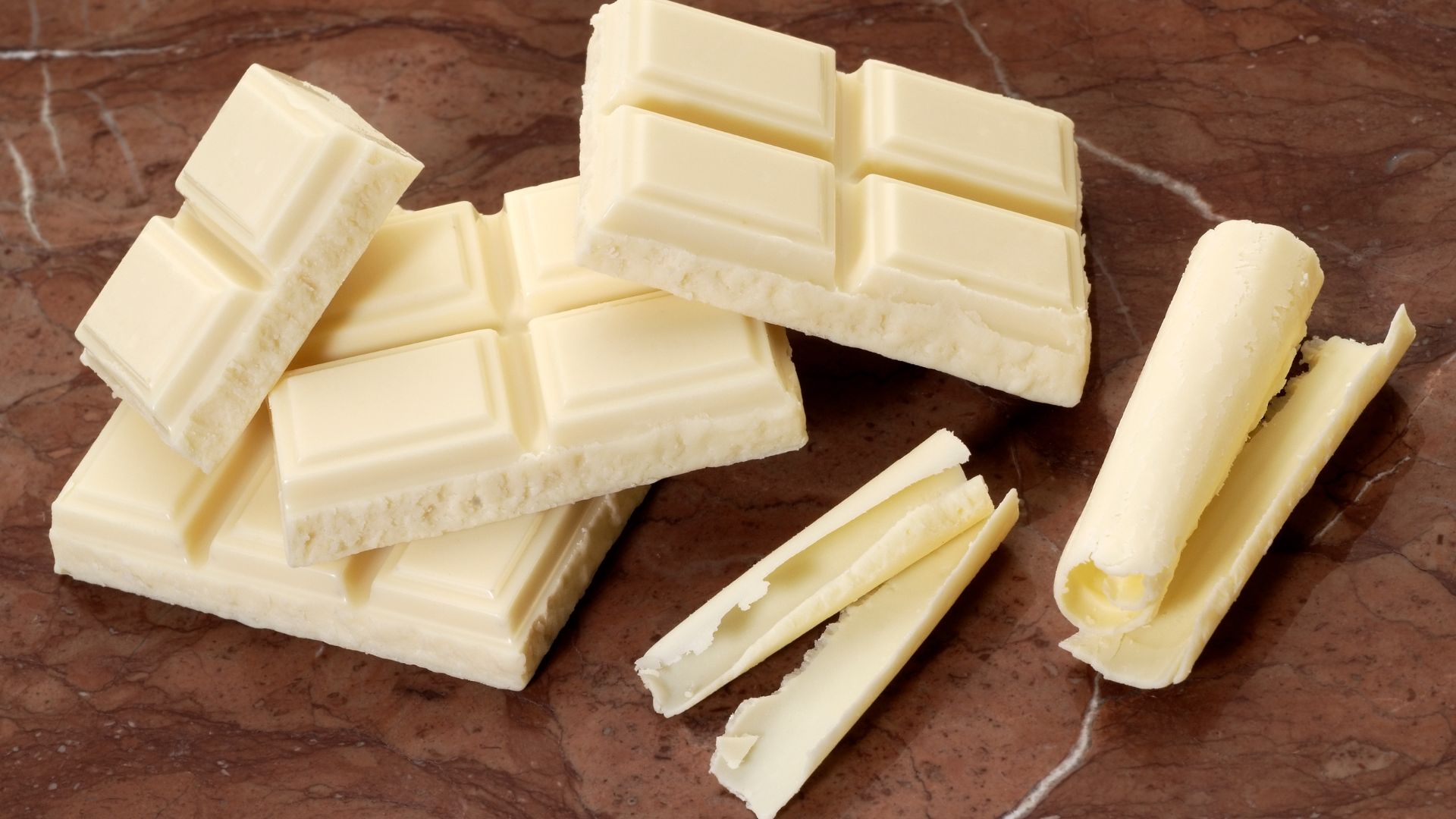
If you like to kick back in the evening with a sweet treat, the bad news is that dark or milk chocolate contains sleep-disrupting caffeine.
However, I was pleased when Lena Bakovic, a registered dietician at Top Nutrition Coaching, told me there is a way to get your chocolate fix without ruining your sleep: switch to white chocolate. The lighter kind has no caffeine, so it makes a better after-dinner dessert than milk or dark.
3. Get worried (yes, really)
While worrying has been linked to disturbed sleep, concentrating your concerns during a designated time may actually help you to sleep, according to clinical psychologist and Head of Sleep Science at Sleep Cycle, Dr. Michael Gradisar.
The psychologist explained to me that the technique, called the Constructive Worry Method, prevents us from associating our beds worrying.
"First, you schedule up to 15 minutes in the evening, before you go to bed, to write down your worries," says Gradisar. "When you do this, write down the top three worries you currently have and write down a possible solution for each worry."
4. Don't brush your teeth before bedtime
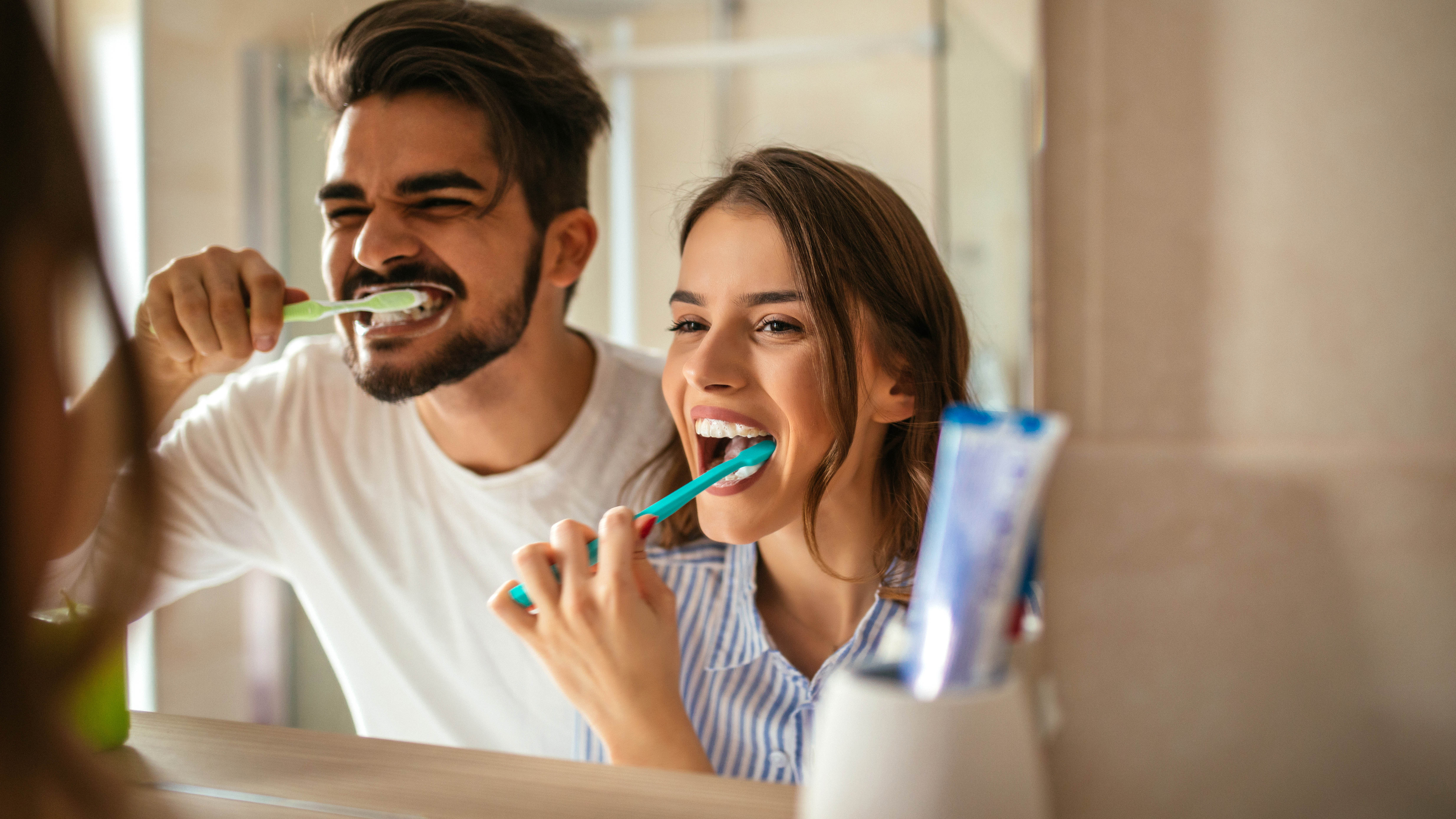
No, I'm not asking you to stop brushing your teeth in the evening (that would be gross). But you should stop cleaning your teeth right before bed.
"Before you start relaxing for the evening, make sure you have done everything you usually do before bed, like getting into your PJs and brushing your teeth,” James Wilson, a sleep expert for MattressOnline, told me.
“That way, you can jump straight into bed when you feel sleepy, rather than doing anything that may wake you up," he explained.
5. Stop drinking caffeine at least 10 hours before bed
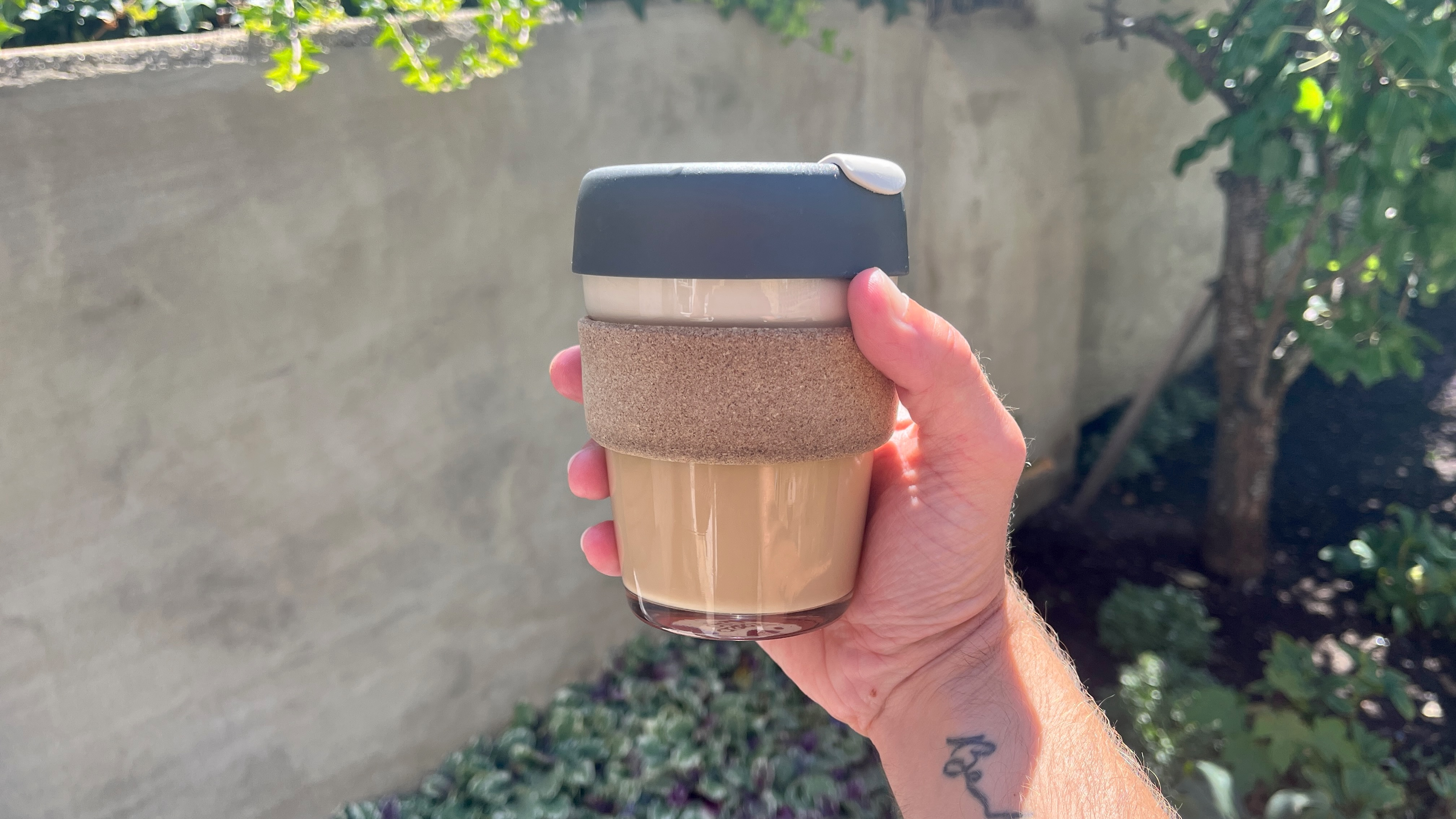
The 10-3-2-1-0 sleep rule has truly been a game changer for my sleep, as it has helped to explain why struggle to fall asleep when I do certain things well into the late evening.
I always thought that drinking caffeinated drinks like coffee and soda pops in the evening was fine as long as stop guzzling an hour or two before bedtime.
But the 10-3-2-1-0 rule, the first '10' part of which states that you should quit caffeine at least 10 hours before bedtime made me realize how long caffeine affects the brain.
6. Switch your diary with a to-do list
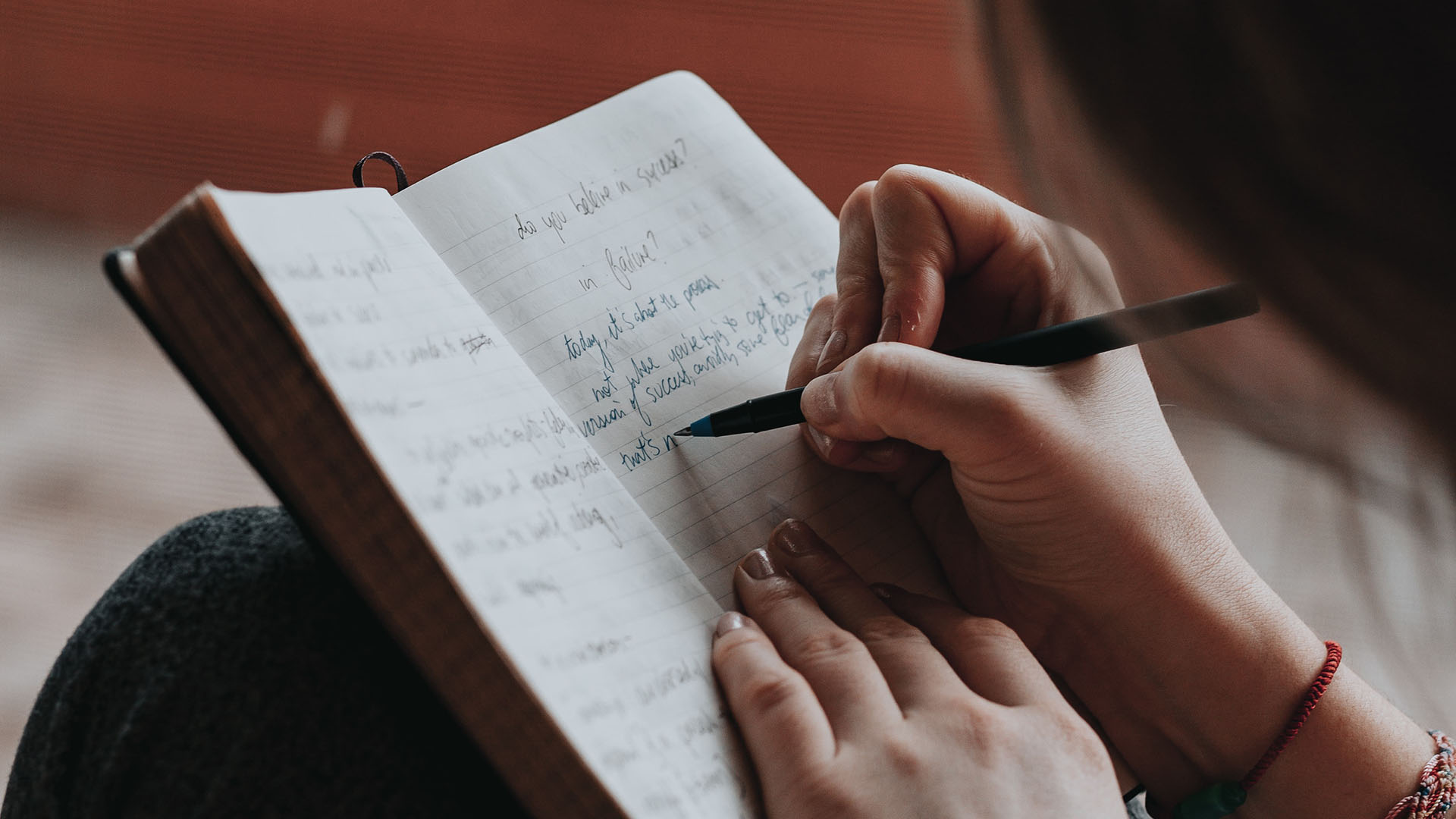
Dear diary, today I learned that writing about tomorrow is better for your sleep than going over what already happened.
Yes, a study found that those who wrote a to-do list of tasks for tomorrow fell asleep faster than those who journaled about today. So, if you're struggling to fall asleep. grab a pen and notepad and jot down what needs to be done the next morning.
7. Don't sleep in after a late night
We've all been there. You stayed up way past your bedtime and now you want to catch up with your ZZZs by sleeping in. However, waking up early after a late night is actually the best way to fix your sleep schedule.
"Try to maintain your same wake-up time within a 30-minute window," Alexandra Zatarain, co-founder of Eight Sleep, told me. "So if I go to bed a few hours later, I try to get less sleep than usual by still waking up at my usual wake up time. That's going to help me the following day to feel tired, because the next day, I'm going to want to go to bed at 9pm or 9.30pm [her usual bedtime]."
8. Fall asleep fast on planes by planning ahead
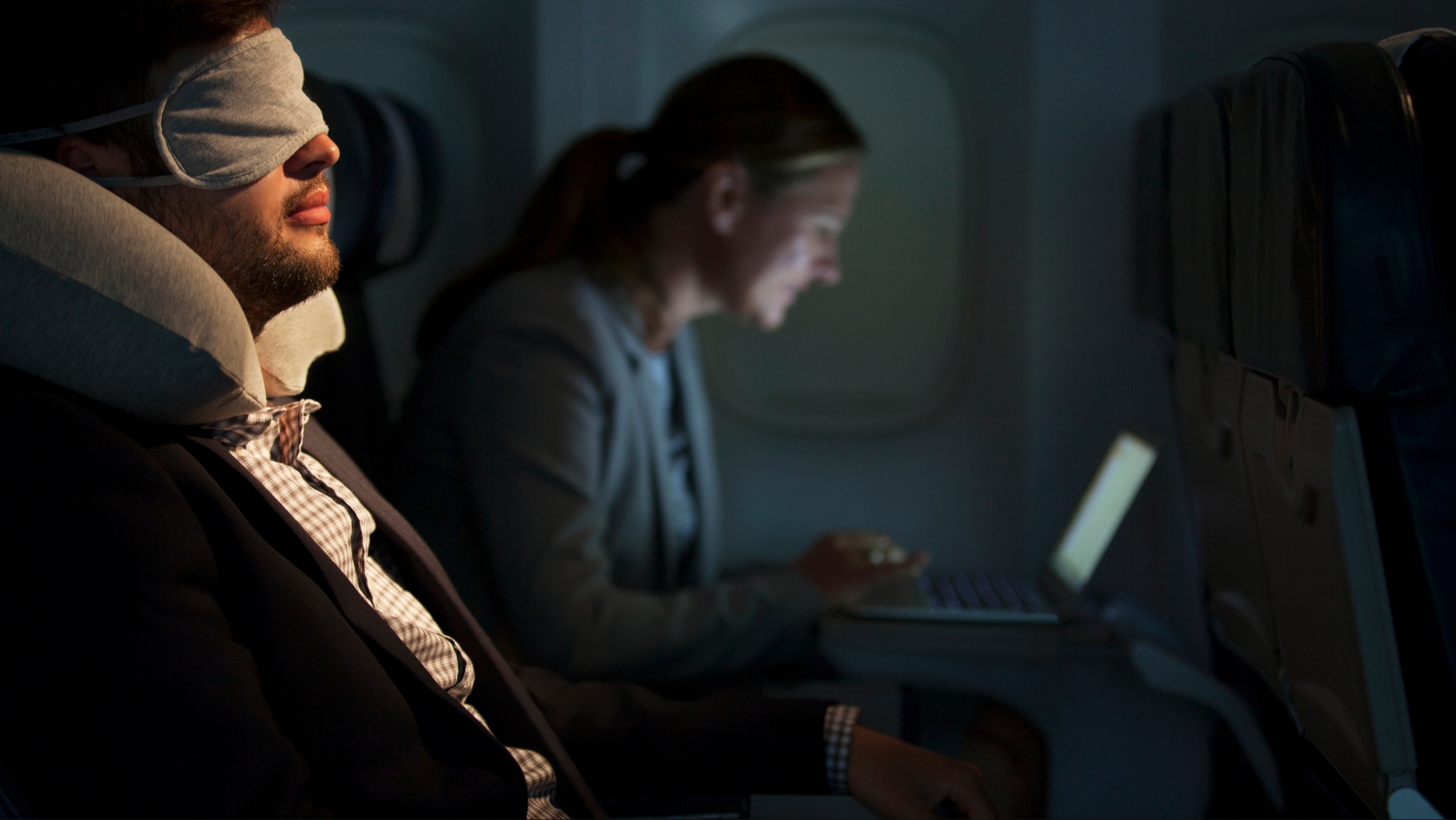
I recently spoke to flight attendants to get their best sleep travel tips, and Paula S. Adams, an Aviation & Business Trainer at DoYouSpeakDubai, told me her best advice for falling asleep fast on planes.
"Don't take a sleeping pill or supplement on a flight if it's your first time taking them," she advises. "Instead, test it at home a few days beforehand. Plus, don’t wear tight waistbands, belts, or jeans, as they restrict circulation and make sleeping uncomfortable."
9. Sleep on your left side

60% of us habitually sleep on our sides, and I spoke to an expert who explained that there are advantages we get when we sleep on our left side.
Sleeping on our left side can have a host of benefits and can help prevent health issues that can cause discomfort and insomnia. These include reduction in sleep apnea, snoring, acid reflux, and indigestion.
However, he did explain that for certain heart conditions, sleeping on your right side may be better.
10. Don't stress about blue light...
For the longest time, I've stressed about my corneas absorbing blue light from my phone and laptop before bed, completely convinced that I've sabotaged my sleep.
However, last year, a scientific review was released that changed my perspective and reassured me that blue light isn't as bad for your sleep as we think. In fact, the review found that, after looking at 11 different studies, using blue light before bed only increases the time it takes to fall asleep by a minuscule average of 2.7 minutes.
11. ...but don't scroll
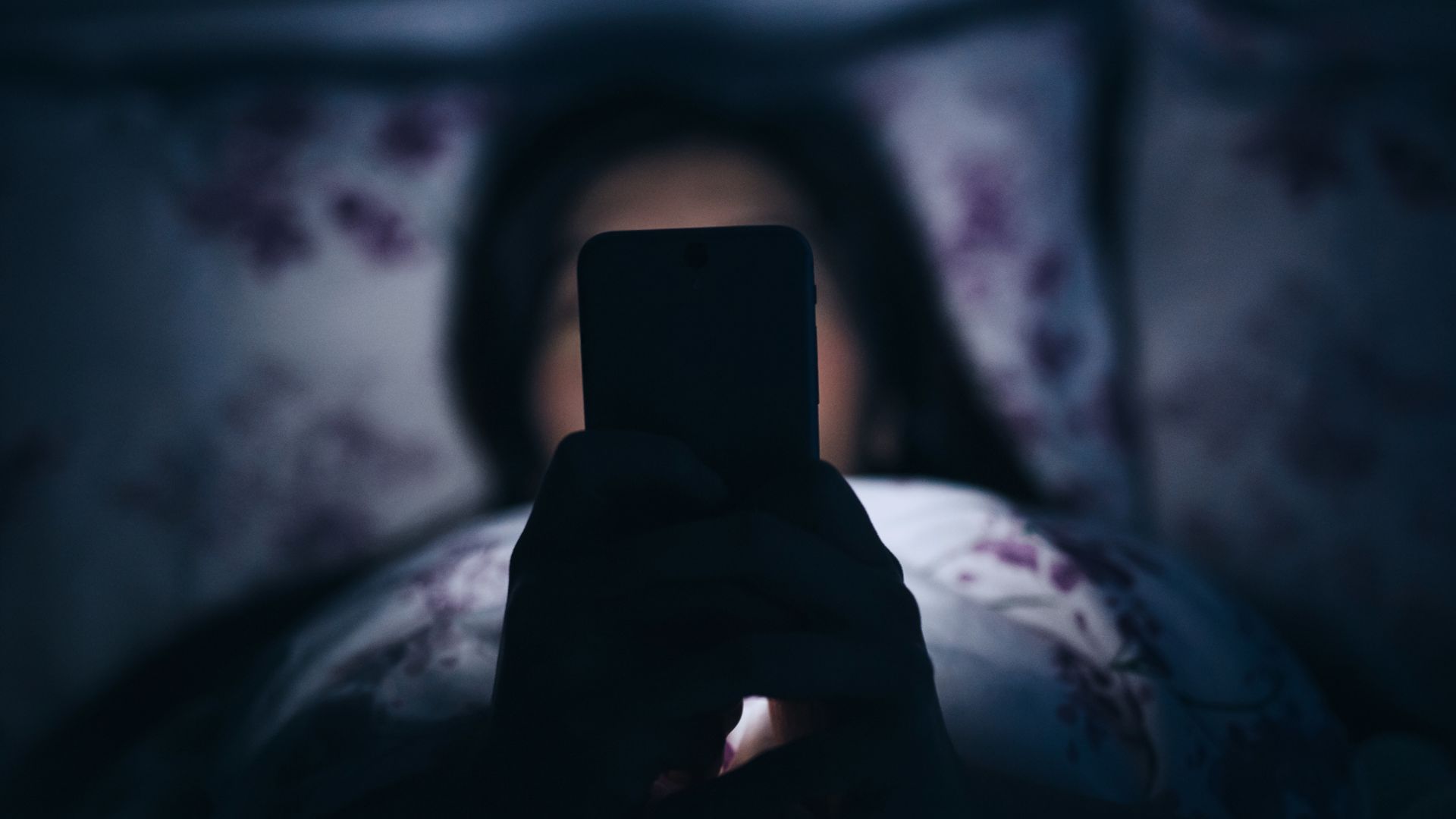
Just because blue light isn't as damaging to sleep as we first thought, it doesn't mean that you should spend your evening on TikTok. Research has shown that consuming too much online content can impact your brain negatively, and significantly. And, the phrase that has been coined to describe this, 'brain rot,' can impact sleep, too.
"When your brain is bombarded with nonstop stimuli — especially from fast-paced, emotionally charged content — it struggles to shift into a restful state," Dr Leah Kaylor, sleep expert and clinical psychologist, recently told my colleague, Becky George.
So, you can have some screen time before bed, but ditch social media in favor of something less addictive — which brings me to my next tip...
12. Re-watch your favorite shows...
If you want some evening entertainment that won't delay your sleep, go for something familiar and comforting.
"I watch reruns of TV shows that I have already seen, nothing too exciting," Hannah Shore, head of sleep science at Mattress Online, told me back in June.
"It might seem crazy, but chances are you could lose hours tossing and turning, so instead try doing whatever calms you down for 30 minutes. It could speed up that getting back to sleep process.”
13. ...but don't start binge-watching new ones
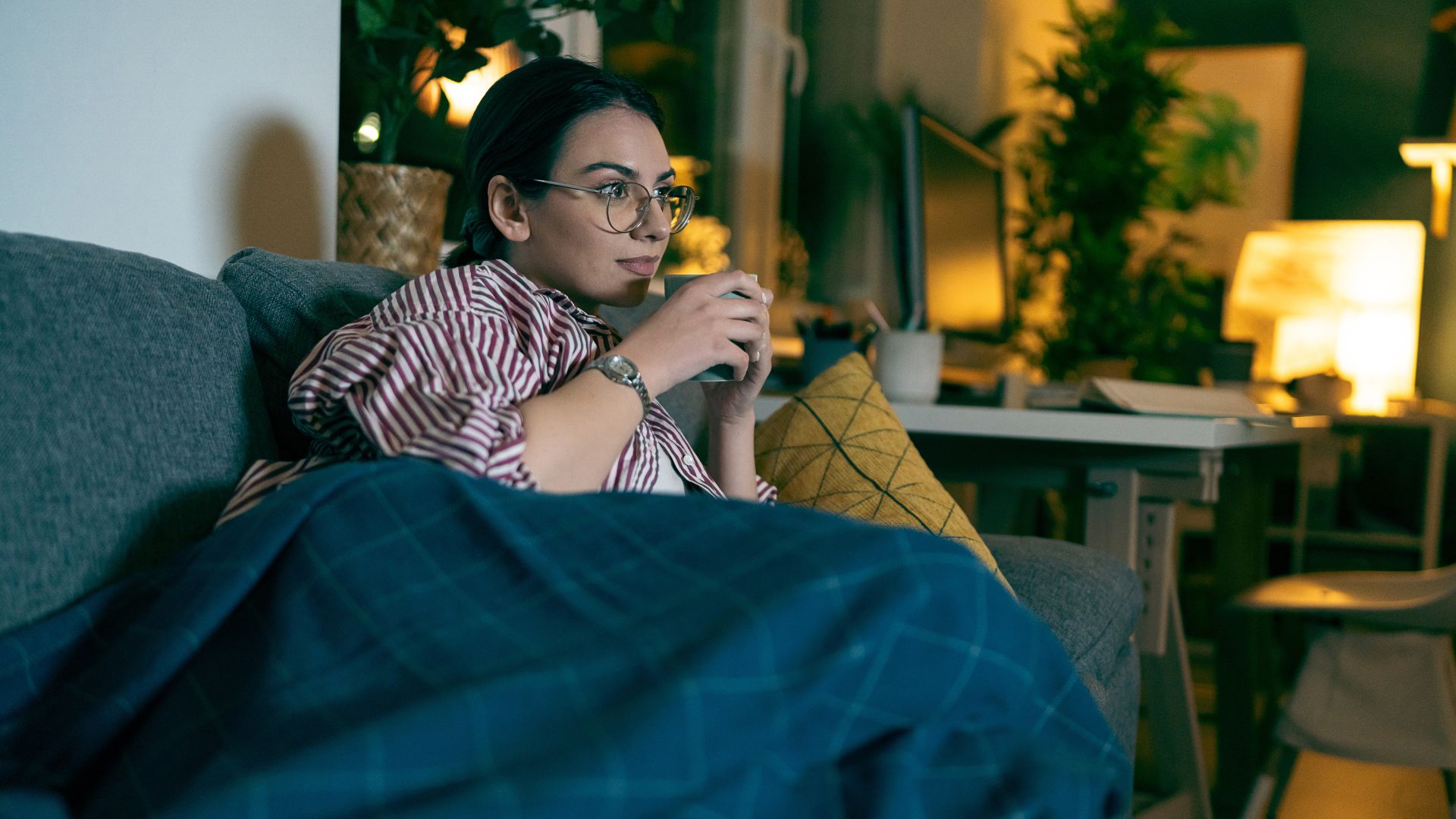
However, watching TV in bed can be bad for your sleep if it distracts you from falling asleep. And this is especially true if you're watching a new show that requires your full attention to keep up with the plot.
"Whilst it can help some people to relax before drifting off, for others it can lead to a much later bedtime than we’d planned," Dr Nicola Cann, sleep psychologist and consultant, told me.
"It’s really all about what time we switch the TV off... The research tells us that people can become engrossed in what they’re watching and are then more likely to go to sleep much later than they planned to."
14. Try some TikTok trends, but ignore others
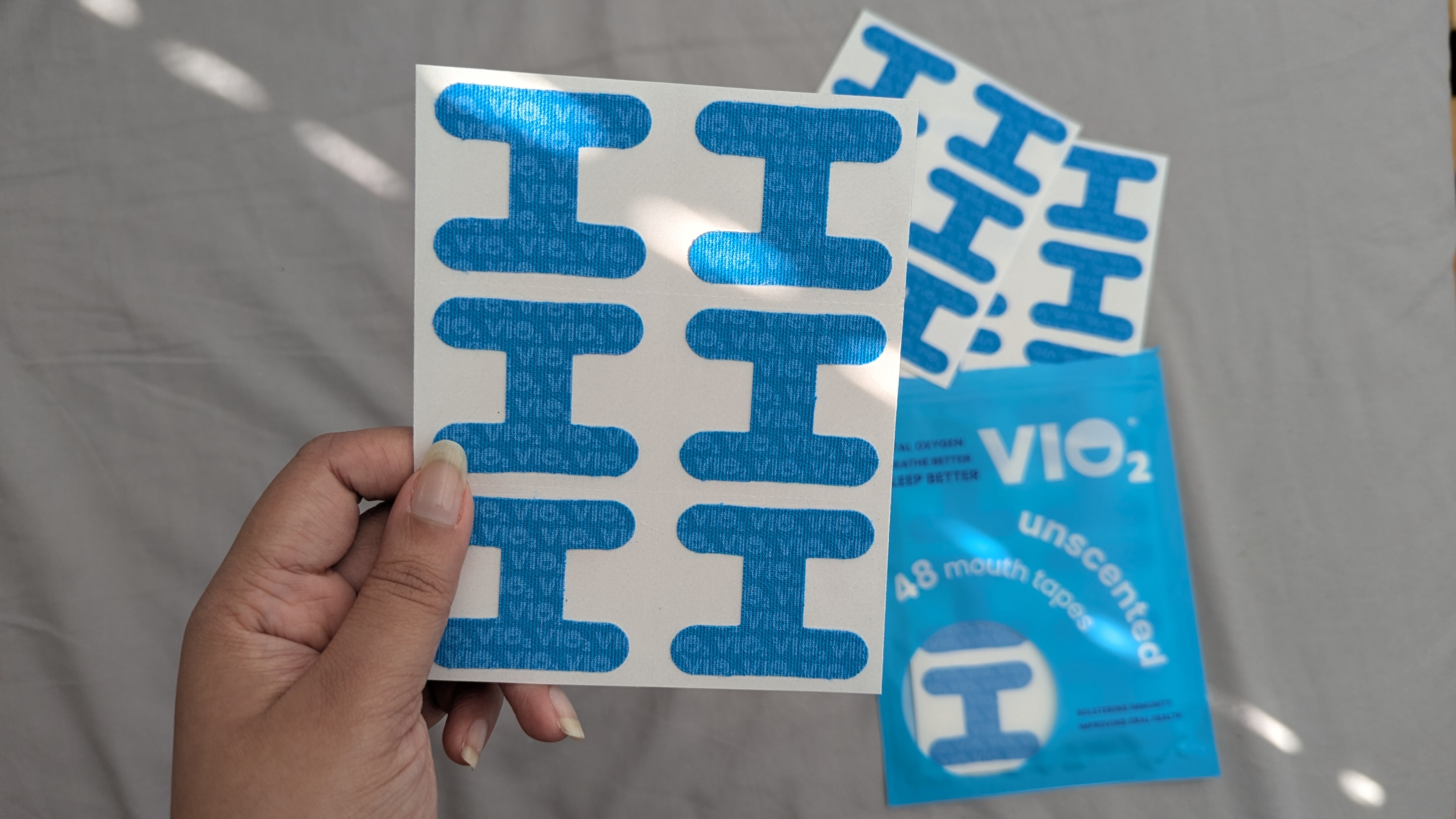
A doctor recently shared her opinions on the latest TikTok sleep trends, separating the myths from the ones that are actually worth trying.
The sleepy girl mocktail, weighted blankets, and white noise machines are just some of the TikTok sleep hacks that got the expert stamp of approval, but other trends such as mouth taping were dismissed as potentially dangerous, with research showing the benefits are little to none.
15. Stay hydrated, but don't drink too much before bed
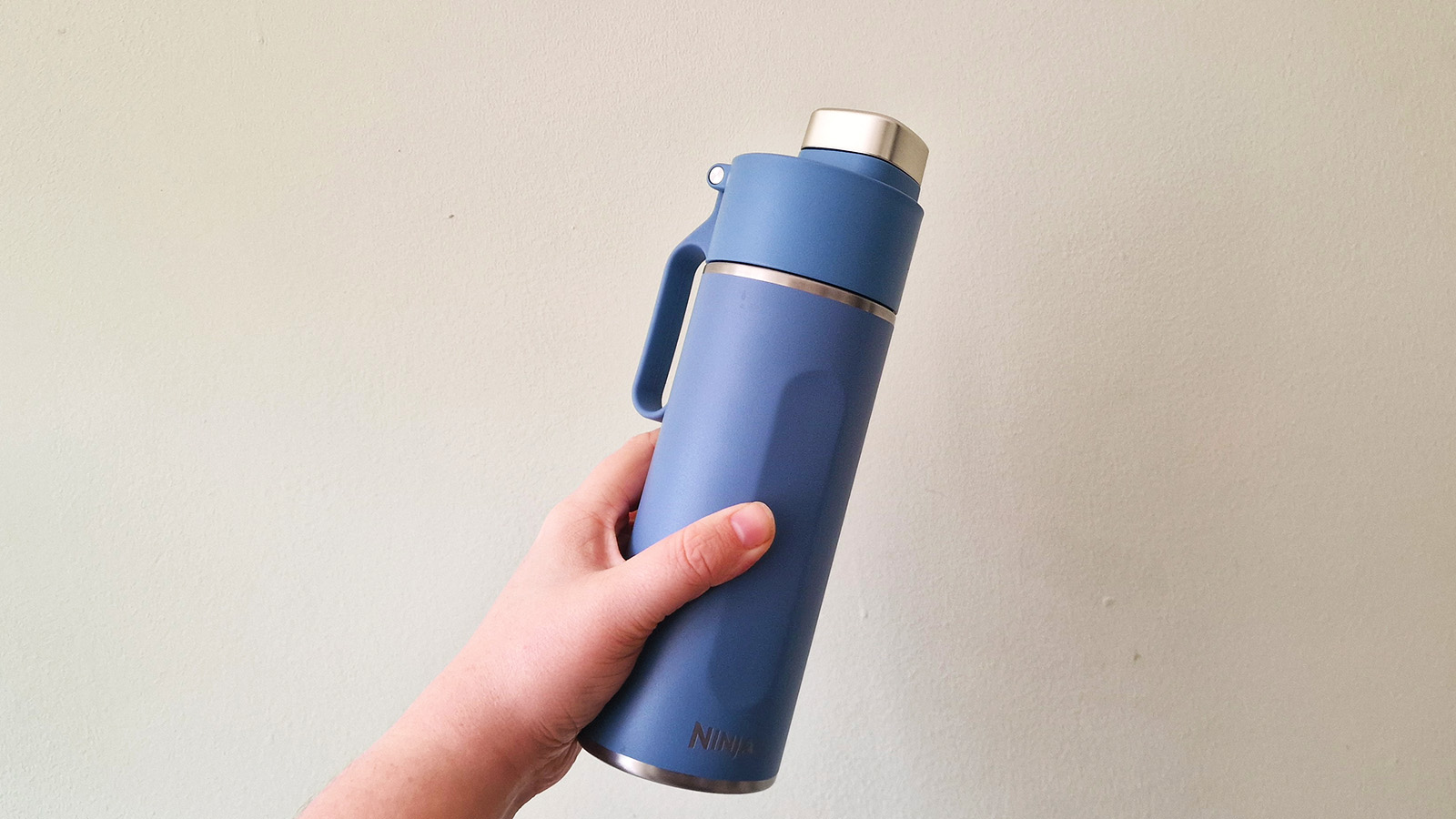
Research has shown that poor sleep has been linked to dehydration, and since dehydration can cause symptoms such as headaches and cramps, it can make it harder to fall asleep. So, drinking plenty of water (and non-caffeinated teas known for sleep-inducing qualities) can stop dehydration in its tracks.
However, chugging water before bed can lead to more sleep disruptions, such as nocturia (when you find yourself needing to urinate once or more over the course of the night). With this in mind, it's best to keep as hydrated as possible throughout the day (especially before noon) and cut out liquids around three to four hours before bed.
16. Finish your workout at least 4 hours before bed
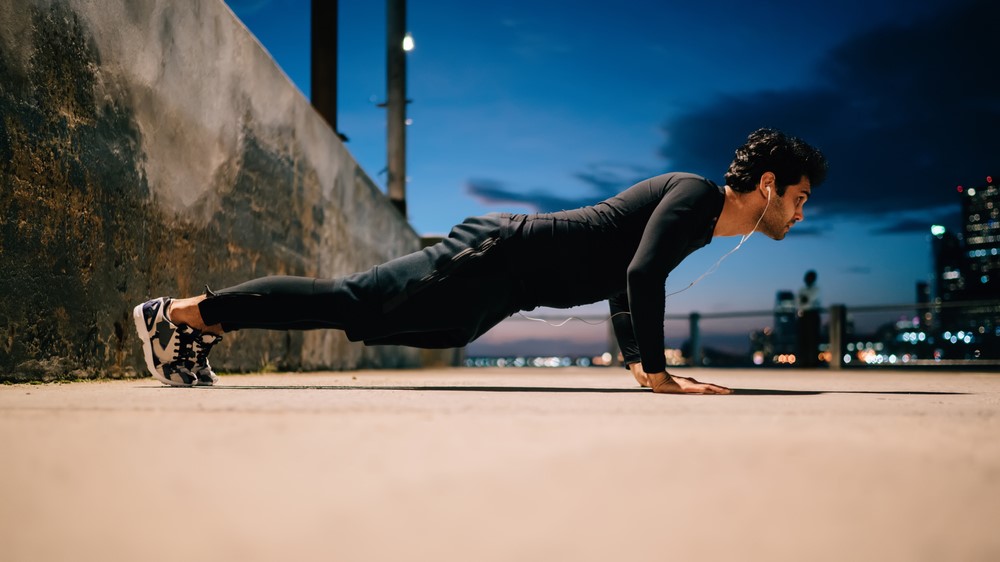
While keeping physically active is great for your sleep and overall health, you shouldn't make the treadmill part of your bedtime routine.
A study published this year found that vigorous exercise before bed can make it harder to fall asleep. Luckily, however, concluding your workout at least four hours before you hit the hay, according to this study, won't have any impact at all.
17. Shift your bedtime gradually to get more sleep
Back in December 2023, I made a New Year’s resolution to get more sleep. It didn't work, however, because I set myself unrealistic goals by forcing myself to be in bed much earlier that I was used to. What I should have been doing is easing myself into an earlier routine at a more glacial pace.
When Trouble Sleeping's Dr Lindsay Browning talked to Tom's Guide about how to fix your sleep schedule, she recommended shifting your sleep by 20 minutes a day to adjust easily and avoid negative side effects.
“Think of fixing your sleep schedule a bit like being jet-lagged,” Dr Browning explained. “Because basically you are in a different time zone to the one you want to be in.”
Just remember, she told us, to move your wake up time forward by 20 minutes each time, too!
18. Plan your evening meals carefully
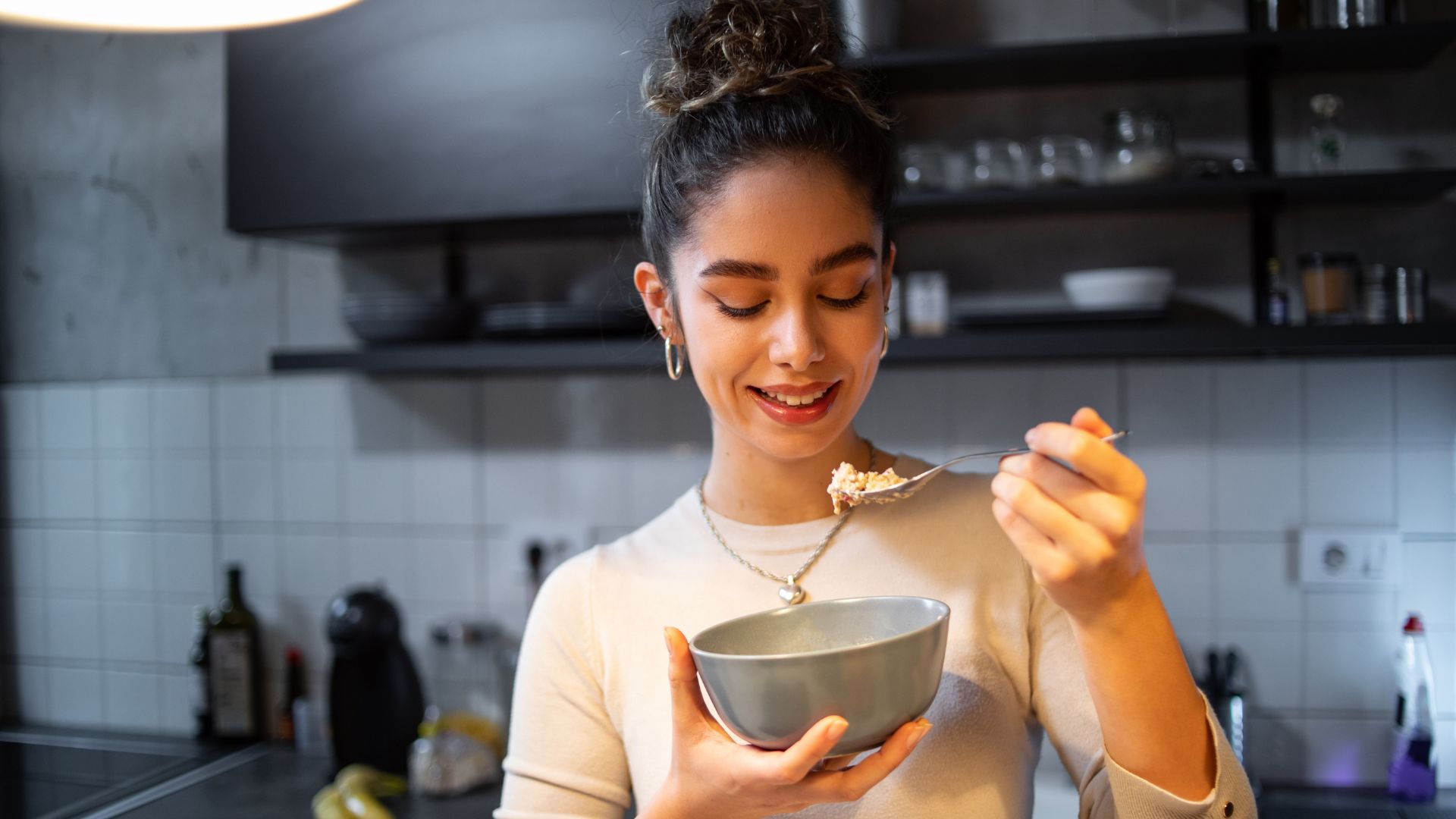
While there's no fixed time that you should be eating dinner for better sleep, the 10-3-2-1-0 sleep rule recommends finishing your dinner at least three hours before bed to prevent indigestion from ruining your sleep.
If you don't come home until late, so it's almost bedtime once you've finished cooking, try quicker but healthy alternatives. There's even a way to have breakfast for dinner without it ruining your sleep.
19. Melatonin gummies can be a great sleep aid...but use wisely
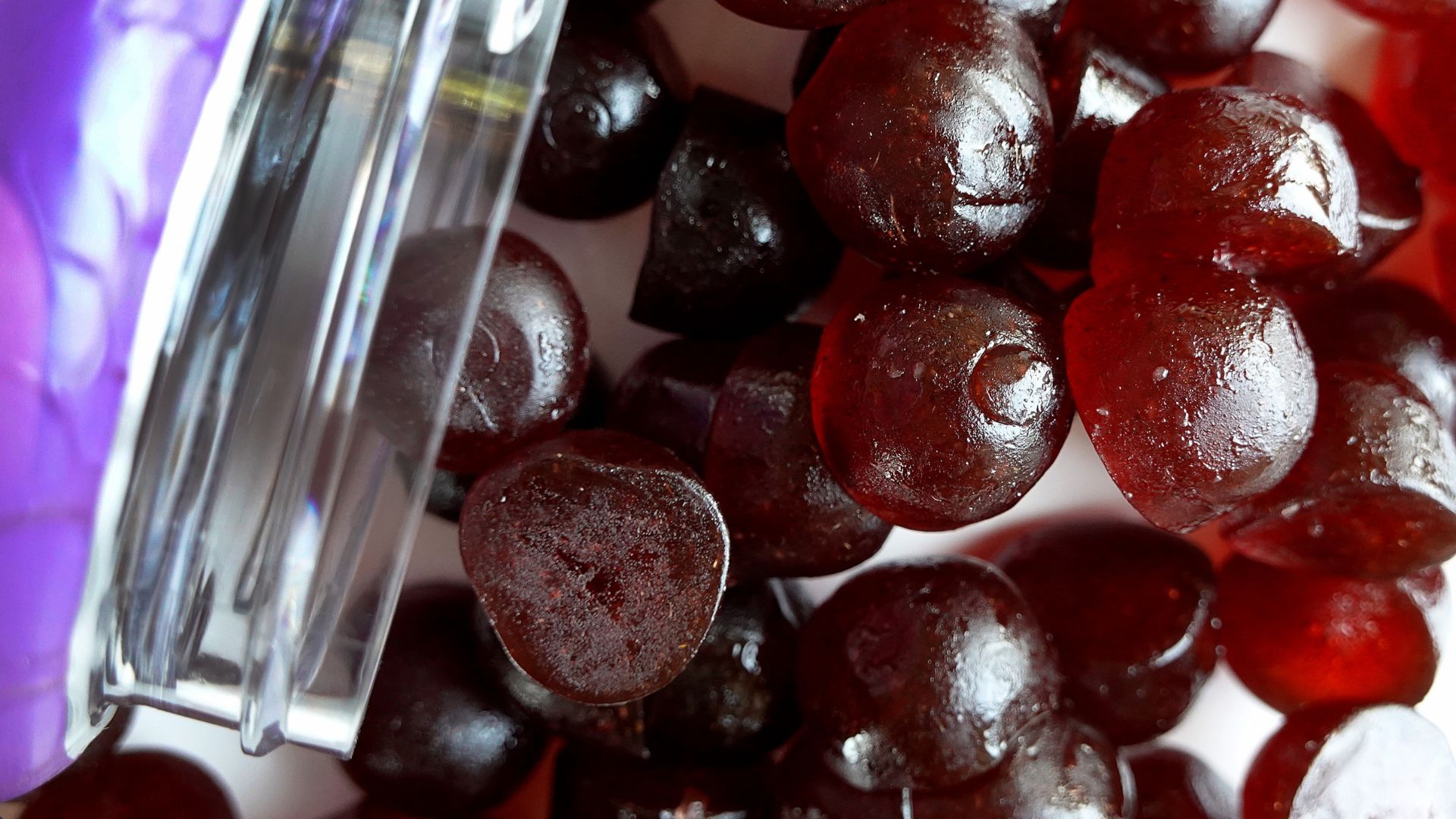
Melatonin gummies have become a popular sleep supplement in recent years and are considered safe to use overall, with everyone from sleep experts to flight attendants taking them to help their sleep.
However, you should only use them as a last resort, Eight Sleep co-founder Alexandra Zatarain warned me. "If I'm really, really tired or a jet lagged and I need a bit of a boost [to relax], maybe I'll have some melatonin," she said. "Just be mindful; don't disrupt your body with a lot of chemical components.
"It doesn't mean that they're bad – they're natural chemicals – but they are going to change a little bit of your biology during that time. Ideally you should find solutions outside of that unless you have some sort of medical condition that requires it."
She also noted that it's important to speak to your doctor before taking melatonin supplements.
20. Give your sleep a scent
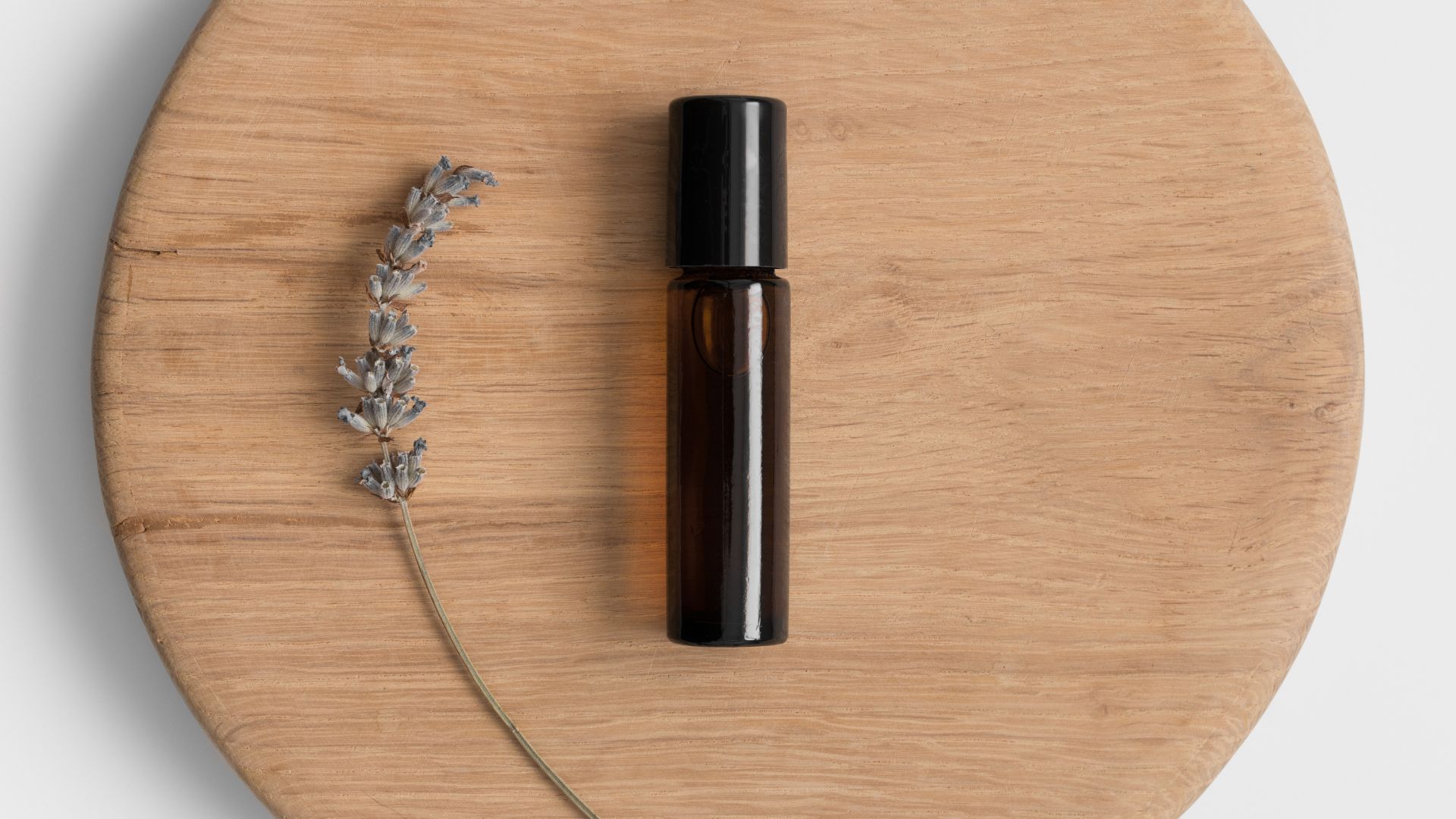
And finally, create a sleep environment with a relaxing scent.
Lavender-scented pillow mists have always been my go-to sleep aid, but you can use any scent you want — as long as you find them relaxing or comforting.
In fact, sleep writer Jenny Haward recently tried (and loved) the 'French woman sleep hack', where you wear the same perfume to bed every night for some sleep-inducing aromatherapy.

Frances Daniels is a PPA-accredited journalist and Sleep Staff Writer at Tom's Guide with an MA in Magazine Journalism from Cardiff University. Her role includes covering mattress and sleep news and writing sleep product reviews and buyer's guides, including our Best Hybrid Mattress 2025 guide. She is interested in the relationship between sleep and health, interviewing an array of experts to create in-depth articles about topics such as nutrition, sleep disorders, sleep hygiene, and mattress care. She is also our specialist on mattress toppers — producing bed topper reviews and taking care of our Best Mattress Toppers 2025 guide — and leads content relating to fiberglass-free beds for a non-toxic sleep. Outside of Tom's Guide, she has written for Ideal Home and Marie Claire.
You must confirm your public display name before commenting
Please logout and then login again, you will then be prompted to enter your display name.
 Club Benefits
Club Benefits










